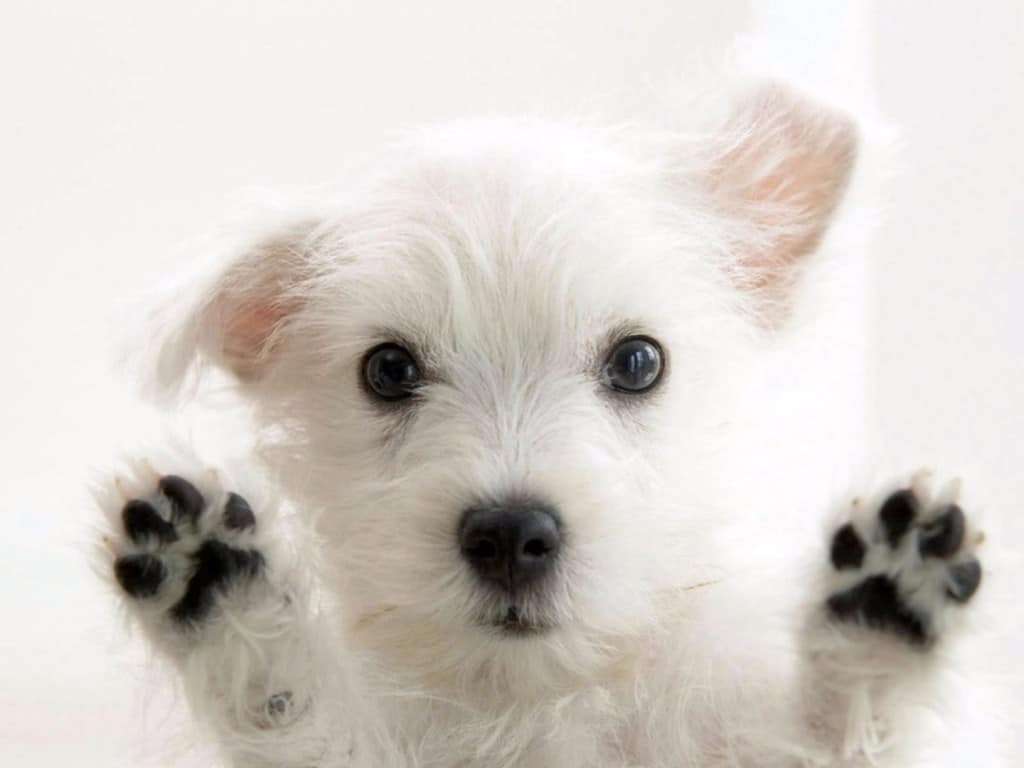Important Tips for Taking Care of Your Dog's Paws

Your dog is your best friend, and you want to take care of them in every way. We put a lot of love and care into their diet, hygiene, and lifestyle, all in the pursuit of helping them to live a long and happy life.
In addition to all of these things, there is one small thing you can do to make a huge difference in the health and comfort of our dog — take care of their paws.
Why Is Dog Paw Care Important?
Just like you wouldn't want your bare feet to touch the hot pavement or ice cold asphalt, your dog doesn't want to touch that either. If you aren't used to tough terrain, don't expect your dog to be used to it either if they've lived all their life indoors.
Your dog's paws are susceptible to wear and tear if they haven't built up the calluses or experience needed for new terrain. And, since they spend almost all their life on their paws, any discomfort or pain associated with unhealthy paws will be a huge problem for your pooch.
What Are the Signs of Unhealthy Paws?
There are several ways you can check to see if your dog's paws are unhealthy. If you see them licking or chewing at their feet constantly, it may be a sign that they are experiencing pain or discomfort. If your dog is allergic to something, it may manifest with itchy feet.
Paw licking may be a sign of not only allergies but of infections or something being embedded in your dog's paw. Licking can cause an infection to become worse over time.
Any limping is a definite sign that something is wrong with your pup. Some damage to your dog's paw is obvious, like a bleeding cut or blisters. Other times, it manifests as dry cracks on the surface of your dog's paw pad. Even experienced runners can get cracked paws.
How Often Should You Clean Your Dog's Paws?
This often depends on your dog's lifestyle. If they spend most of their time inside, their paws don't need to be washed off as often. If you take them on a hike to a place with lots of weeds and rocks, it's important to clean their paws to ensure no weeds or pebbles have gotten stuck.
If your dog is allergic to grasses, try to clean their paws after they come in from being outside to wipe out any allergens.
Nail grooming is another critical part of your dog's paw health. Like paw cleaning, it all depends on your dog's lifestyle. If they live indoors, they won't have many ways to wear down their nails and will need more frequent trimming.
A good way to determine if your dog needs a nail trimming is to see if their nails are level with their paws. Keeping their nails short is a good idea as nails too long can result in snagging and ripping, an unpleasant experience for you and a painful experience for your dog.
Tips for Taking Care of Dog Paws
Over time, your dog's paw pads will become thicker the more hikes and runs they go on. If you're changing up your dog's exercise routine, make sure to gradually get them used to it, especially if they are used to being inside.
Along with maintaining their nails, make sure the fur between your dog's toes stays short. If your dog has long fur, there's a chance that the fur between their toes may become matted and painful. Keeping it short will also make it easier to see if any foreign objects are causing your dog any pain.
There's also an array of different pet care products you can use for your pet. Dog paw cleaner can help you get out all forms of allergens and dirt you might otherwise not be able to get to.
For dry paws, massaging with dog paw cream or balm can help make sure your dog doesn't experience any painful cracking. It's also a great way to increase blood flow and relieve any soreness.
Why Choose Natural Paw Care Products?
There are a lot of different chemicals that, while safe for humans, can be irritating and even deadly to dogs. Some artificial fragrances and colors have been linked to causing deadly reactions and diseases with dogs, along with parabens, sulfates, preservatives and more.
By choosing more natural products, you can avoid any chemicals your dog may never have encountered preventing any bad reactions.
839GYLCCC1992



Leave a Reply